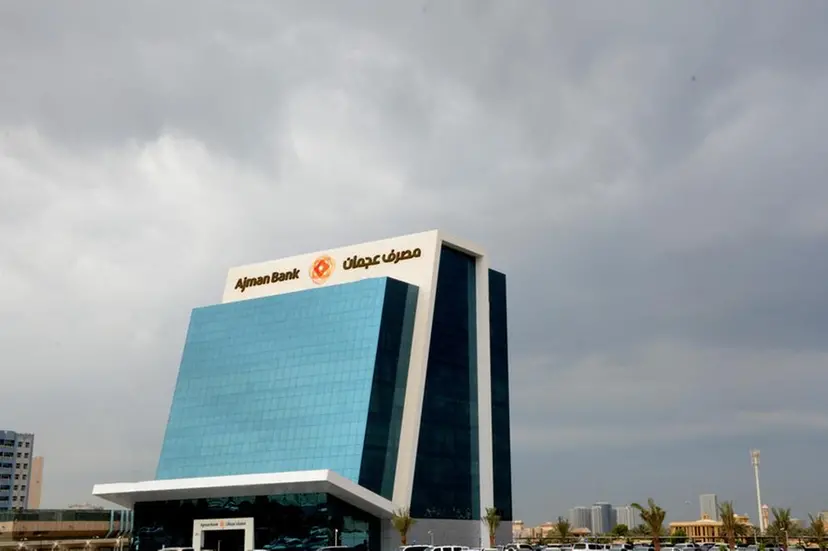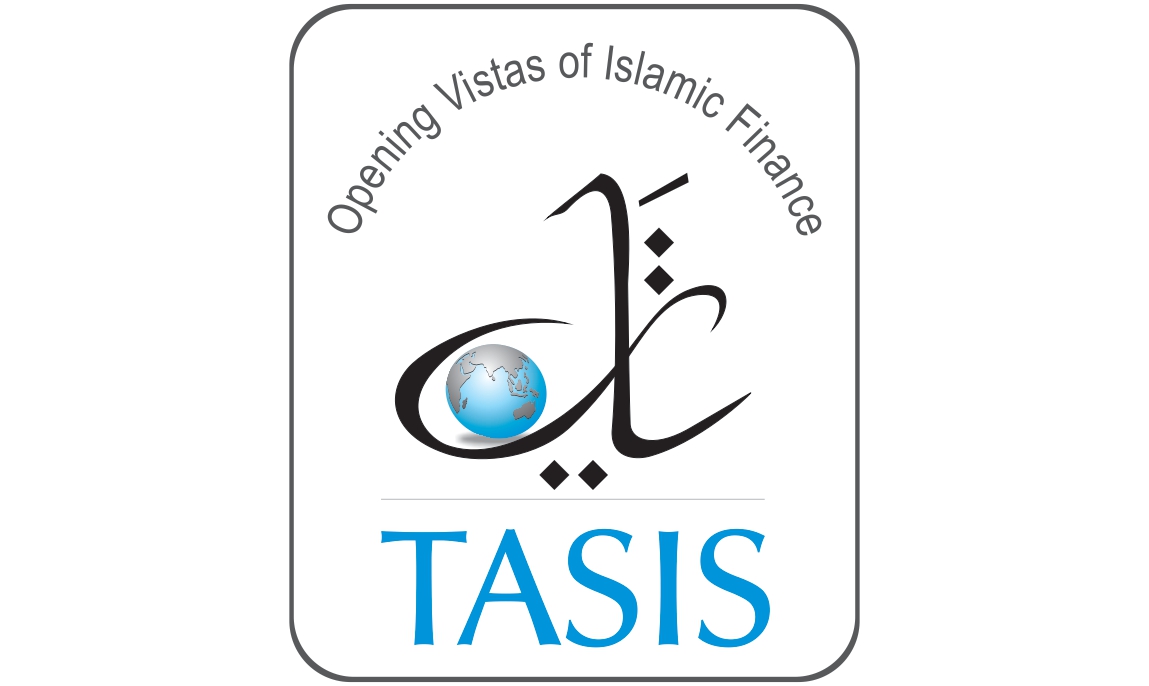News
All News
Ajman Bank, Franklin Templeton to launch Shariah-compliant funds in UAE
26 SEP 2025
UK remains Western Islamic finance hub despite limited local uptake
27 AUG 2025
Boursa Kuwait to launch sukuk, bond trading in 2025
1 AUG 2025
AlHuda CIBE highlights Islamic microfinance growth in Central Asia
9 JUL 2025
Ajman Bank, Franklin Templeton to launch Shariah-compliant funds in UAE
26 SEP 2025
Dubai – Ajman Bank has partnered with Franklin Templeton, a global asset manager with nearly $1.62 trillion in assets under management (AUM), to offer its Shariah-compliant investment solutions in the UAE. The collaboration will provide the lender’s clients access to select Luxembourg-domiciled Franklin Templeton Shariah funds, according to a press release. These include the Franklin Shariah Technology, Franklin Shariah Global Multi-Asset Income, and Templeton Shariah Global Equity funds. The funds offer diversified exposure to global markets through actively managed portfolios. Expressing his views at the collaboration, Mustafa Al Khalfawi, CEO of Ajman Bank, said: "This partnership strengthens our customers’ reach to best-in-class investment solutions and a diversified portfolio of global shariah-compliant investment funds, and reflects our commitment to meeting the evolving needs of investors in the UAE.” “By working with Franklin Templeton, we aim to deliver high-quality, Shariah-compliant solutions through a trusted local platform," the CEO added. Sandeep Singh, Head of CEEMEA & India at Franklin Templeton, commented: “This collaboration enhances investor access to diversified, actively managed Shariah-compliant strategies in the region." The initiative supports Ajman Bank’s long-term strategy of empowering clients with world-class, Shariah-compliant investment solutions through partnerships with leading global institutions. Operating in the Middle East for 25 years and serving clients in more than 150 countries, Franklin Templeton brings extensive expertise in Shariah-compliant asset management.
